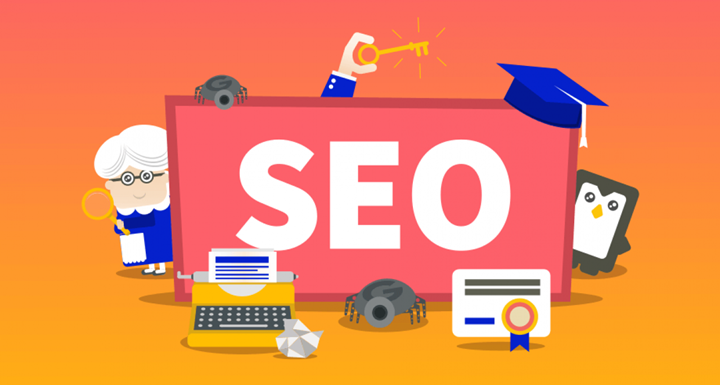The main difference between SEO (Search Engine Optimisation) and SEM (Search Engine Marketing) is that the first one is also a tool of the second one. Both methods are designed to increase website visibility in order to boost online traffic towards a particular website.
The whole purpose of SEO is to make a website rank higher in web search results. The whole purpose of SEM goes well beyond that of SEO. PPC (Pay Per Click) is another marketing tool or method that are part of SEM. This means that both SEO and SEM are part of the whole SEM spectrum.
Every single time you run a query using a web search engine, like Google or Bing and hit enter, you receive several pages of results that relate to your particular query. The first three results will have the word “Ad” displayed in green right below the link to the website that way you know it’s a paid ad.
Below this, you’ll see the rest of the websites that got there with the implementation of SEO, those results are called organic because they rank naturally without any input from the web search engine provider.
SEO (Search Engine Optimisation):
It means that a website is being optimised with a series of methods and tactics in order to obtain free traffic from search engines. A fully optimised website is the one who search engine crawlers find more relevant of all the possible options available.
SEO is divided into two categories: On and Off-Site. On-site is about the rules you can implement in your website so web search engines notice your website and rank it accordingly. When you use well-formatted URLs, good descriptions, optimised titles and correct use of Headers, you’re following on-site practices.
Off-site SEO, on the other hand, is when you get votes or ratings from other websites, that way web search engines will consider your website as trustful. The more trustworthy your website is to web search engine crawlers, the higher your website is going to rank among your competitors.
Votes here don’t have the same meaning as regular votes. In this case, they mean links on other sites that connect with yours. That's why off-site SEO is often referred to as Link Building.
Of course, off-site SEO goes well beyond just having links on other websites pointing at yours. It’s also important where the links are coming from as well as a series of other important factors.

SEM (Search Engine Marketing):
SEM makes part of the whole Internet Marketing spectrum. SEM contains both SEO and PPC. Other factors of internet marketing include Social Media and the mobile side of the internet which is creating new mobile markets that require different tactics and measures.
In a nutshell, SEM is a marketing method used by websites to obtain more traffic whether it’s free (SEO) or paid (PPC). When you pay the web search engine to give you advertising space you’re skipping the hard work of creating content to rank higher and get more traffic. You’re basically paying for every click your website receives.
Google AdWords is one of the most well-known tools designed to do PPC. The will let your ads appear in web search results and then you pay Google for the clicks that your ad generates. Hence the name PPC, pay per click. Yahoo does have a similar tool but it’s nowhere near as popular as Google’s Adwords.

Why Is SEM Traffic So Important For Businesses
SEM is more important than any other online marketing tool because it's targeted. Our civilisation is at a point where it uses search engines for virtually everything, from finding out about trivia to learn how to do something.
If a web visitor clicks on a link (whether it's paid or not) chances are they will convert - this means that the web visitor will interact with the website somehow, like subscribing to a newsletter or actually buying something.
SEM techniques can truly change the relevancy of websites and ads, regardless if you go with SEO or PPC. The web traffic that this method generates is far more valuable than any other way to enhance a website’s online positioning.
Moreover, there are new forms of doing SEM campaigns through social media. Usually, they’re all PPC which means that you have to pay the social media provider - like Facebook - but you’ll be able to narrow down your target audience for more accuracy and conversions.
Bottom line, since all companies behave differently online, it’s very hard to determine which one is the best method to enhance online positioning. If you’re not sure about how to start a SEM or SEO project,
then talk to the experts who can guide you through this important decision.